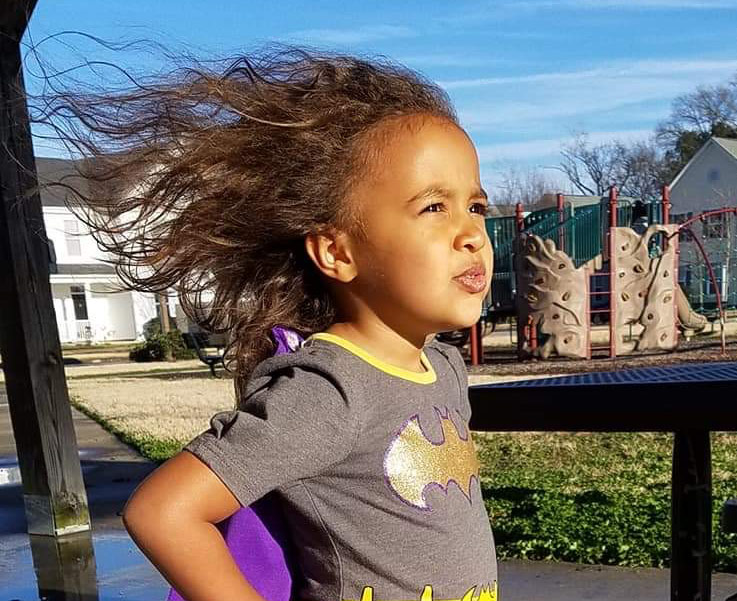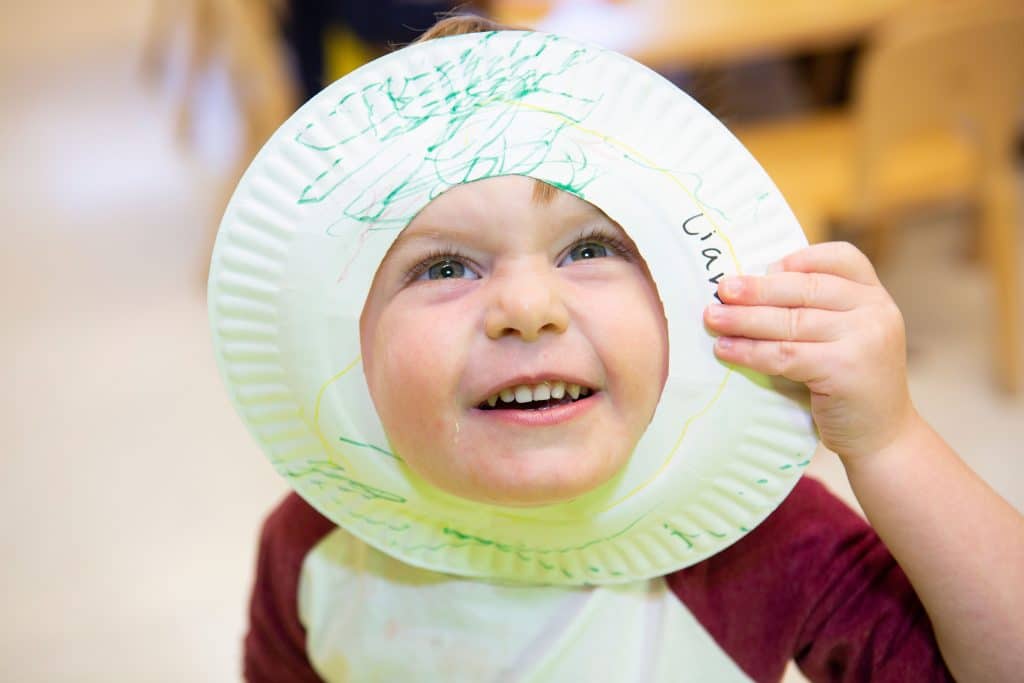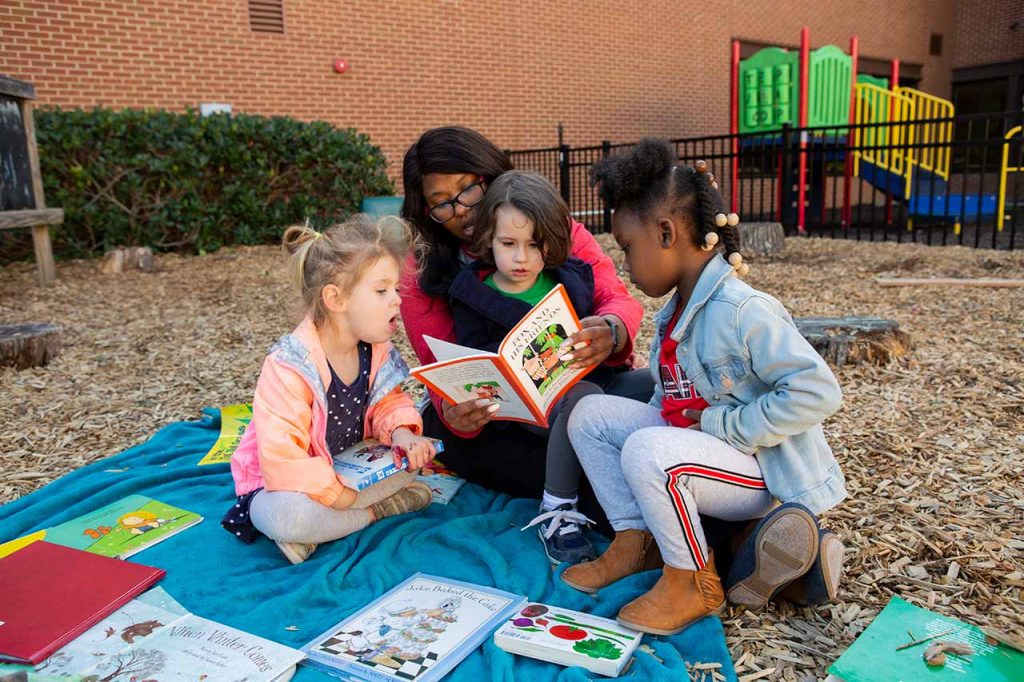Developing Sense of Self
Preschoolers are developing their own perceptions of themselves as individuals

What You Need to Know
Preschoolers often define and describe themselves in terms of their physical attributes, skills, interests, or behaviors that they consider most important about themselves. Additionally, many are beginning to develop an understanding of their culture, beliefs, associations and how they are different or similar to other people. Children’s development of their sense of self is heavily influenced by how adults respond to them. Teachers can help children develop a positive sense of self by providing a nurturing environment, acknowledging children’s unique qualities and abilities, and providing a nurturing environment filled with acceptance and respect.
What It Looks Like
A quick glance at how you can help preschoolers develop a positive sense of self
Encourage Children's Independence
Children can do a lot when given the support and encouragement to try – and succeed! – on their own.
Share Preferences
Providing children with opportunities to share their likes and dislikes helps them express who they are.
Embrace Differences
Embracing similarities and differences builds community and identity.
COVID-19 ADAPTATIONS
Supporting Children's Sense of Self
In this webinar, educational coaches Stephanie Adams and Caitlin Powell present strategies to support children’s sense of self in virtual, hybrid, or physically distanced classroom environments.


BUILDING CONNECTIONS THROUGH BOOKS
Creating Mirrors and Windows
Through books, young children can reflect on what makes them unique and develop their understanding of others. Learn how we can use books to help young children engage in perspective-taking, celebrate who they are, and build empathy towards others. We’ve featured many great books to start with!
TRAUMA-INFORMED CARE
Focusing on Strengths
This blog from Brookings invites us to look beyond trauma. Learn how you can focus on children’s strengths to help them build a more positive view of themselves.
FAMILY CONNECTION
Embracing Families
The National Center on Quality Teaching and Learning shares tips for teachers on building relationships with families of dual language learners.
CONSIDERING EQUITY
Recognizing Bias and Promoting Equity
This short video from the Center of Excellence for Infant and Early Childhood Mental Health Consultation encourages teachers to embrace children’s cultures to support their sense of self.
Activity Cards for Preschool Classrooms
Part of the STREAMin3 curriculum, these activity cards provide simple and fun ways you can help children embrace similarities and differences and develop a positive sense of self




Get Our Resource Guide
Includes questions and activities to guide your use of the videos, book suggestions, and activity cards featured for each of our core social-emotional skills

